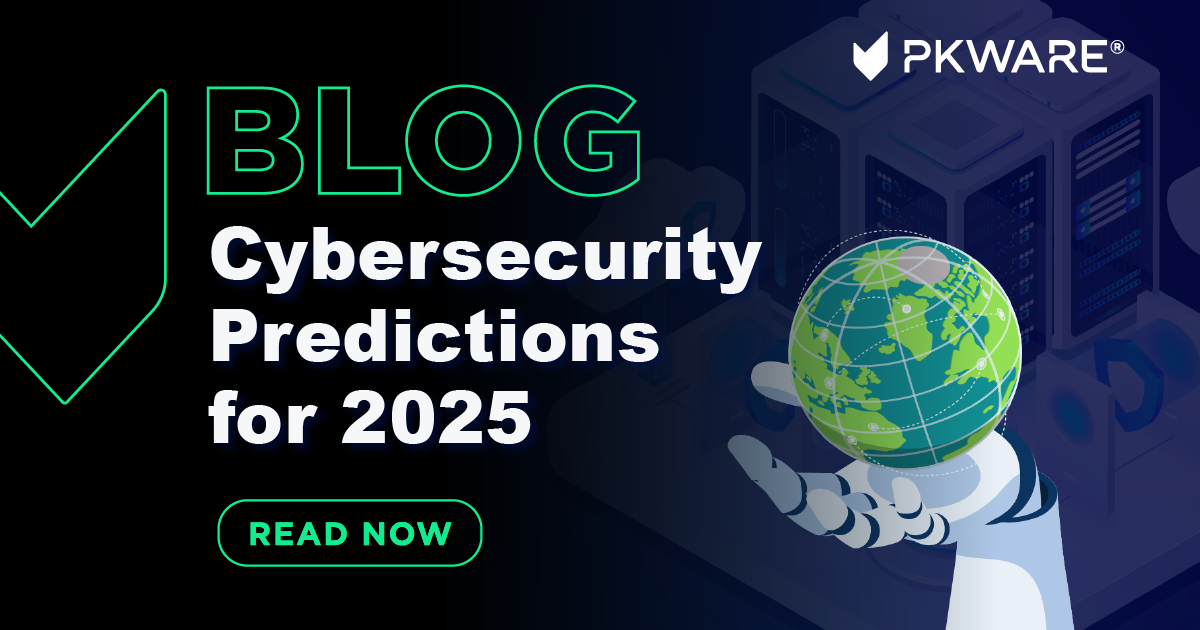Future-Proof Your Company: Key Cybersecurity Predictions You Need to Know
As services face the speeding up speed of electronic improvement, comprehending the progressing landscape of cybersecurity is critical for lasting strength. Predictions suggest a significant uptick in AI-driven cyber dangers, alongside heightened regulative analysis and the essential change in the direction of No Trust fund Style. To properly browse these difficulties, organizations must reassess their security strategies and cultivate a society of awareness amongst staff members. Nevertheless, the implications of these changes expand beyond mere conformity; they might redefine the very framework of your functional safety. What steps should firms take to not just adapt but thrive in this brand-new atmosphere?
Surge of AI-Driven Cyber Risks

One of the most worrying growths is the usage of AI in creating deepfakes and phishing schemes that are remarkably convincing. Cybercriminals can produce sound and video clip web content, posing execs or relied on individuals, to manipulate sufferers into revealing sensitive info or accrediting illegal purchases. Additionally, AI-driven malware can adapt in real-time to evade detection by conventional safety actions.
Organizations must acknowledge the urgent requirement to reinforce their cybersecurity frameworks to combat these evolving threats. This includes investing in sophisticated threat detection systems, cultivating a society of cybersecurity awareness, and implementing durable case feedback strategies. As the landscape of cyber dangers transforms, aggressive measures come to be essential for guarding sensitive information and preserving company honesty in a significantly electronic world.
Enhanced Concentrate On Information Privacy
Exactly how can organizations successfully navigate the expanding emphasis on data personal privacy in today's digital landscape? As governing frameworks progress and consumer expectations climb, companies must focus on durable data personal privacy strategies.
Spending in staff member training is crucial, as staff awareness directly affects data security. Furthermore, leveraging innovation to boost data security is important.
Partnership with legal and IT teams is vital to align data personal privacy initiatives with service purposes. Organizations ought to also involve with stakeholders, consisting of clients, to connect their dedication to data privacy transparently. By proactively attending to data privacy concerns, businesses can construct trust fund and improve their track record, eventually contributing to long-lasting success in an increasingly scrutinized electronic atmosphere.
The Shift to Absolutely No Trust Fund Design
In reaction to the evolving hazard landscape, companies are progressively embracing Zero Trust fund Design (ZTA) as a fundamental cybersecurity strategy. This technique is asserted on the principle of "never ever depend on, always verify," which mandates continual verification of customer identities, tools, and information, despite their area within or outside the network boundary.
Transitioning to ZTA involves executing identification and gain access to monitoring (IAM) services, micro-segmentation, and least-privilege accessibility controls. By granularly managing accessibility to resources, companies can reduce the threat of expert threats and lessen the impact of outside violations. Moreover, ZTA incorporates robust surveillance and analytics capabilities, permitting organizations to detect and react to abnormalities in real-time.

The change to ZTA is likewise fueled by the increasing fostering of cloud solutions and remote work, which have increased the strike surface area (cyber attacks). Traditional perimeter-based security designs are inadequate in this new landscape, making ZTA an extra durable and adaptive structure
As cyber dangers remain to expand in class, the adoption of Absolutely no Depend on principles will certainly be vital for companies looking for to protect their assets and keep regulative conformity while making sure company connection in an unpredictable environment.
Regulative Changes coming up

Approaching regulations are anticipated to attend to a series of concerns, including data personal privacy, violation notification, and occurrence feedback protocols. The General Data Protection Policy (GDPR) in Europe has actually established a criterion, and similar frameworks are emerging in various other areas, such as the USA with the recommended federal privacy legislations. These laws typically enforce rigorous fines for non-compliance, emphasizing the need for organizations to prioritize their cybersecurity steps.
Additionally, sectors such as money, medical care, and crucial facilities are most likely to deal with a lot more rigorous needs, mirroring the delicate nature of the information they handle. Compliance will certainly not cyber resilience just be a lawful obligation but a vital element of structure depend on with clients and stakeholders. Organizations needs to remain ahead of these modifications, incorporating regulative demands into their cybersecurity strategies to guarantee durability and safeguard their assets effectively.
Importance of Cybersecurity Training
Why is cybersecurity training a crucial part of a company's defense approach? In an age where cyber threats are significantly sophisticated, companies should identify that their workers are often the initial line of defense. Efficient cybersecurity training gears up team with the expertise to determine potential dangers, such as phishing strikes, malware, and social engineering methods.
By promoting a society of safety and security recognition, companies can considerably lower the risk of human mistake, which is a leading source of data violations. Normal training sessions guarantee that workers remain informed regarding the current risks and ideal practices, consequently boosting their ability to respond properly to cases.
Furthermore, cybersecurity training promotes conformity with governing requirements, minimizing the threat of legal repercussions and monetary fines. It additionally empowers employees to take ownership of their function in the company's protection framework, causing a positive as opposed to responsive strategy to cybersecurity.
Final Thought
In final thought, the evolving landscape of cybersecurity needs positive procedures to attend to emerging hazards. The increase of AI-driven attacks, paired with increased data personal privacy worries and the transition to Absolutely no Depend on Architecture, demands a detailed method to safety and security.